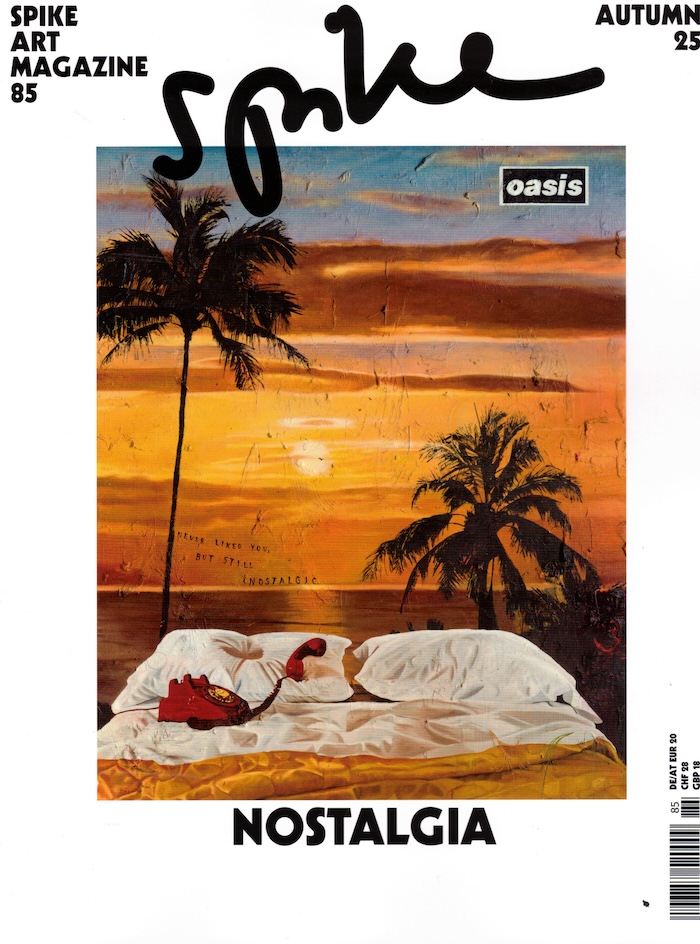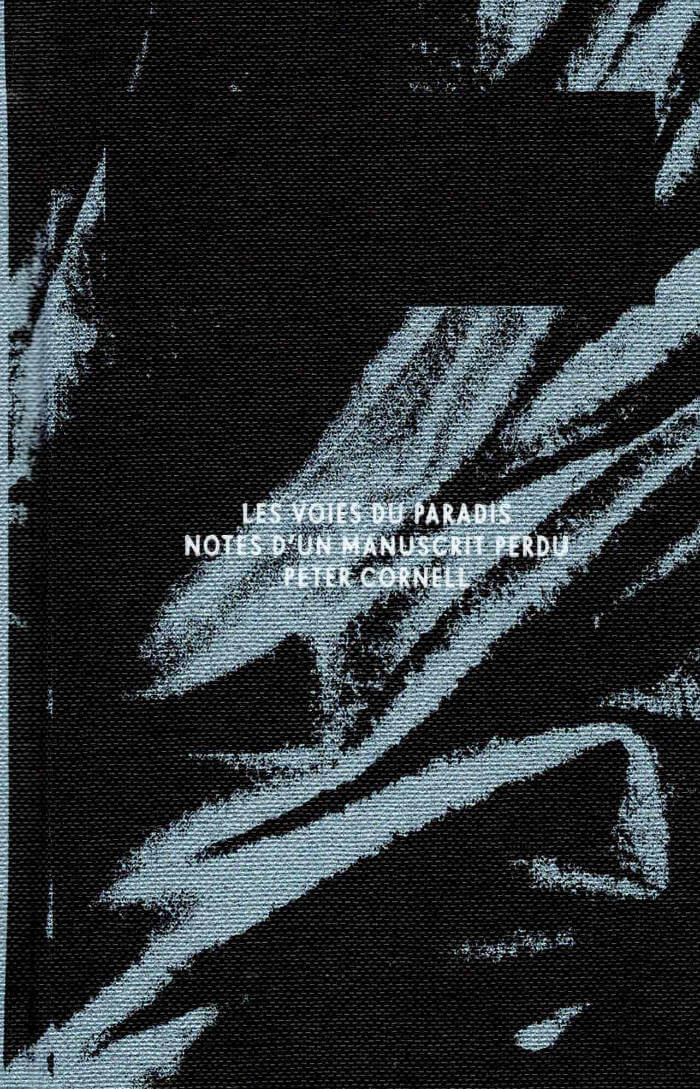
Small Gods — Perspectives on the Drone
Since the first military drone strikes, the drone has been seen as emblematic of Western hegemony, emphasising the asymmetry of modern warfare. The military drone, whose combined surveillance and killing technology was first realised in the 1980s, has given rise to today’s consumer drone, even as drone warfare continues to incinerate civilians in areas of Asia and Africa. By exploring the use of the drone as medium in the works of three artists — Laura Poitras, Anne Imhof, and Korakrit Arunanondchai — Small Gods examines how the drone’s new, consumer format has not left this bloodied legacy behind, but instead imports it into everyday life. It presents a broad and detailed analysis of how socioeconomic and geopolitical concerns have shaped image-making practices, not only in concept but in form, and considers how this has changed our perceptions of humanity itself. More info via http://amfq.net/small-gods
Language: English







